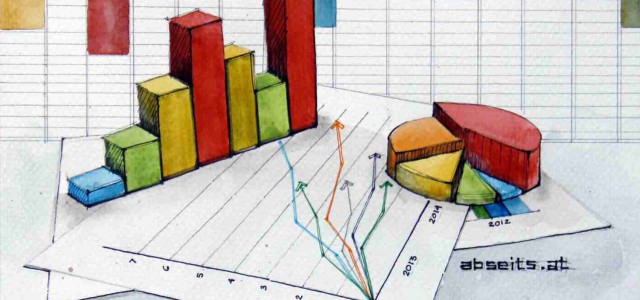
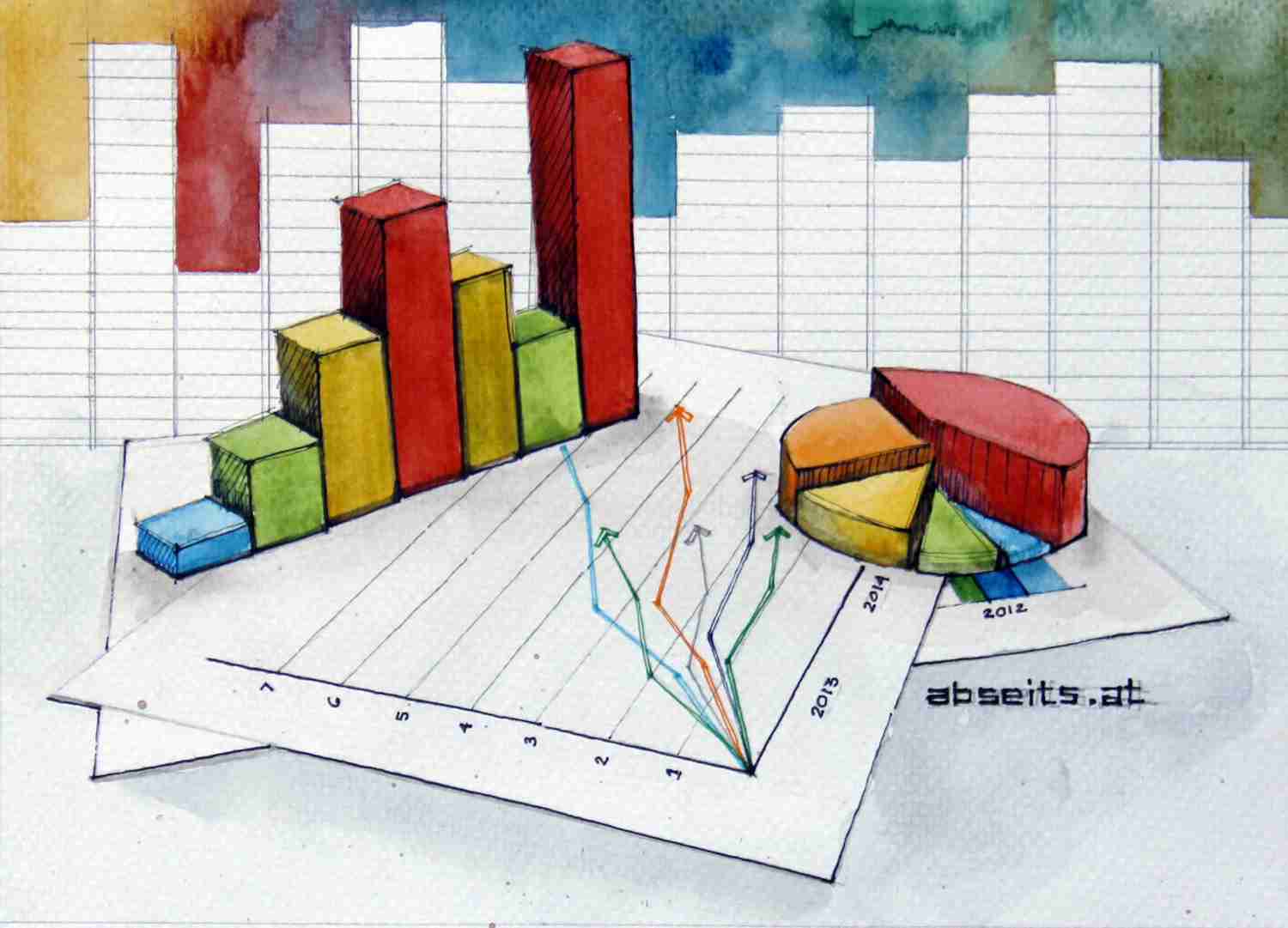 Momentan steht Twente Enschede in der niederländischen Eredivisie nur auf dem 17. und vorletzten Platz. Die seit elf Spieltagen sieglose Mannschaft kämpft um den Klassenerhalt, drei Punkte trennt sie von Relegationsplatz 16, zum rettenden Ufer sind es sieben Spieltage vor Schluss bereits acht Zähler.
Momentan steht Twente Enschede in der niederländischen Eredivisie nur auf dem 17. und vorletzten Platz. Die seit elf Spieltagen sieglose Mannschaft kämpft um den Klassenerhalt, drei Punkte trennt sie von Relegationsplatz 16, zum rettenden Ufer sind es sieben Spieltage vor Schluss bereits acht Zähler.
Dabei sah die Welt in Enschede vor ein paar Jahren noch ganz anders aus: Man spielte regelmäßig international und wurde in der Saison 2009/2010 sogar Meister in der höchsten Spielklasse der Niederlande. Im Jahre 2015 geriet Twente aufgrund einer Übertragung der Transferrechte an eine Investorengruppe in finanzielle Schwierigkeiten, ein Jahr später wurde sogar der Zwangsabstieg verordnet, der wenig später allerdings zurückgenommen wurde. Nichtsdestotrotz kannte man in der 160.000 Einwohner-Stadt bereits bessere Zeiten, die Verantwortlichen probieren nun, kontinuierlich und bedacht den Anschluss zum internationalen Fußballgeschäft wiederherzustellen. Helfen soll dem zweimaligen Meister dabei ein Faktor, der im modernen Fußball immer wichtiger wird: Big Data.
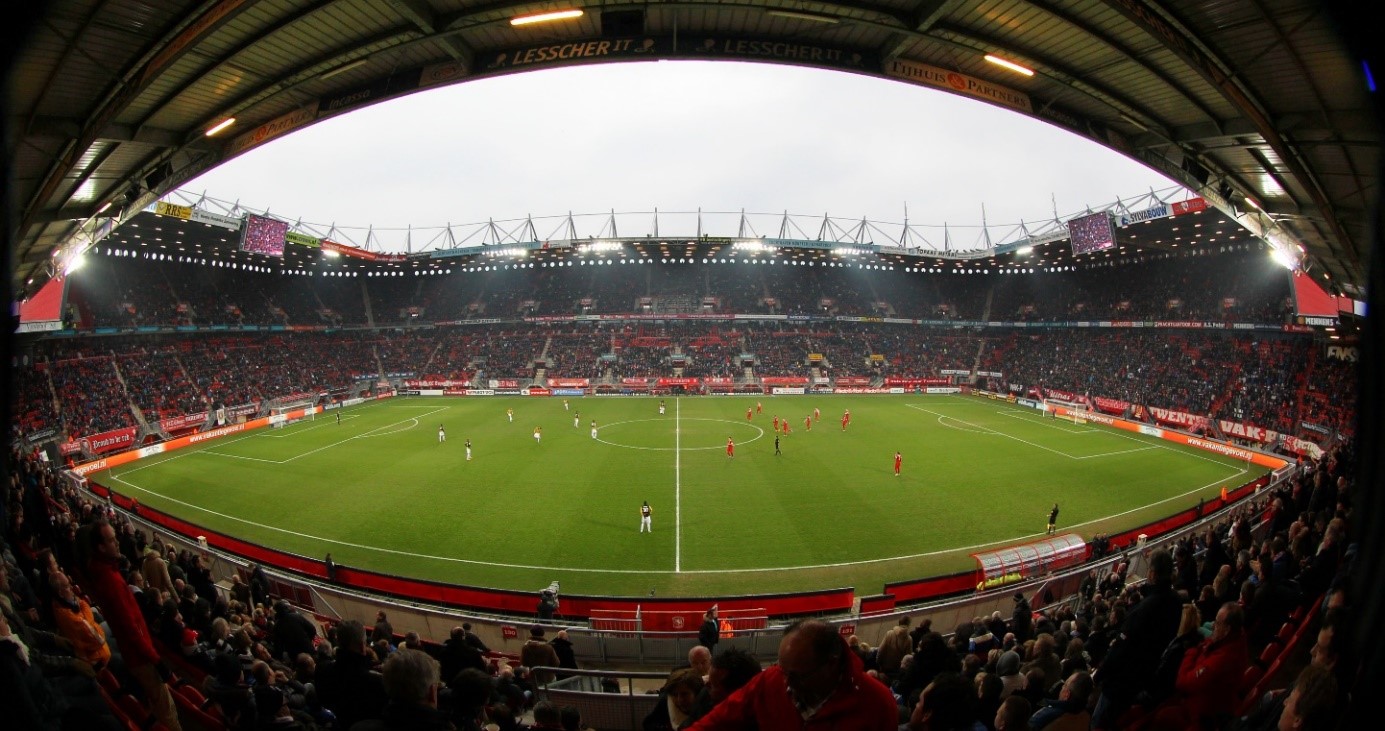
© TwenteEnschede
Twente Enschede setzt beim Einsatz von Big Data vor allem auf Variabilität. Einerseits kann mit den erhobenen Daten der physische Zustand der Spieler festgestellt werden, andererseits geben die Datensätze auch Aufschluss im Bereich des Marketing. „Online-Ticketing, Merchandising und der E-Mail-Verkehr mit den Fans laufen bereits mithilfe von Big Data. So können wir Verhalten und Präferenzen unserer Fans und Sponsoren analysieren“, meint Tom Schreurs, Head of Marketing bei Twente. Bereits seit 2010 versucht der Club, Big Data zu nutzen und sich so Vorteile gegenüber anderen Teams zu erarbeiten. Dabei gab es am Anfang einige Probleme, ein vom niederländischen Fußballverband (KNVB) initiiertes Projekt scheiterte an den verschiedenen Systemen und Philosophien der teilnehmenden Mannschaften. So entschloss sich der dreimalige Pokalsieger im Jahr 2014 dazu, eigene Wege zu gehen und ein Jahr später wurde mit der Kooperation mit „Sports Alliance“ ein großer Schritt in Richtung Professionalisierung gesetzt. Seither werden Berührungspunkte gesucht, ausgewertet und in letzter Konsequenz brauchbar verwertet. Dass dieser Weg funktioniert, zeigt eine aktuelle Statistik: Obwohl Twente in der aktuellen Spielzeit gegen den Abstieg kämpft, wurden im Vergleich zur Vorsaison (7. in der Meisterschaft) mehr Tickets abgesetzt.
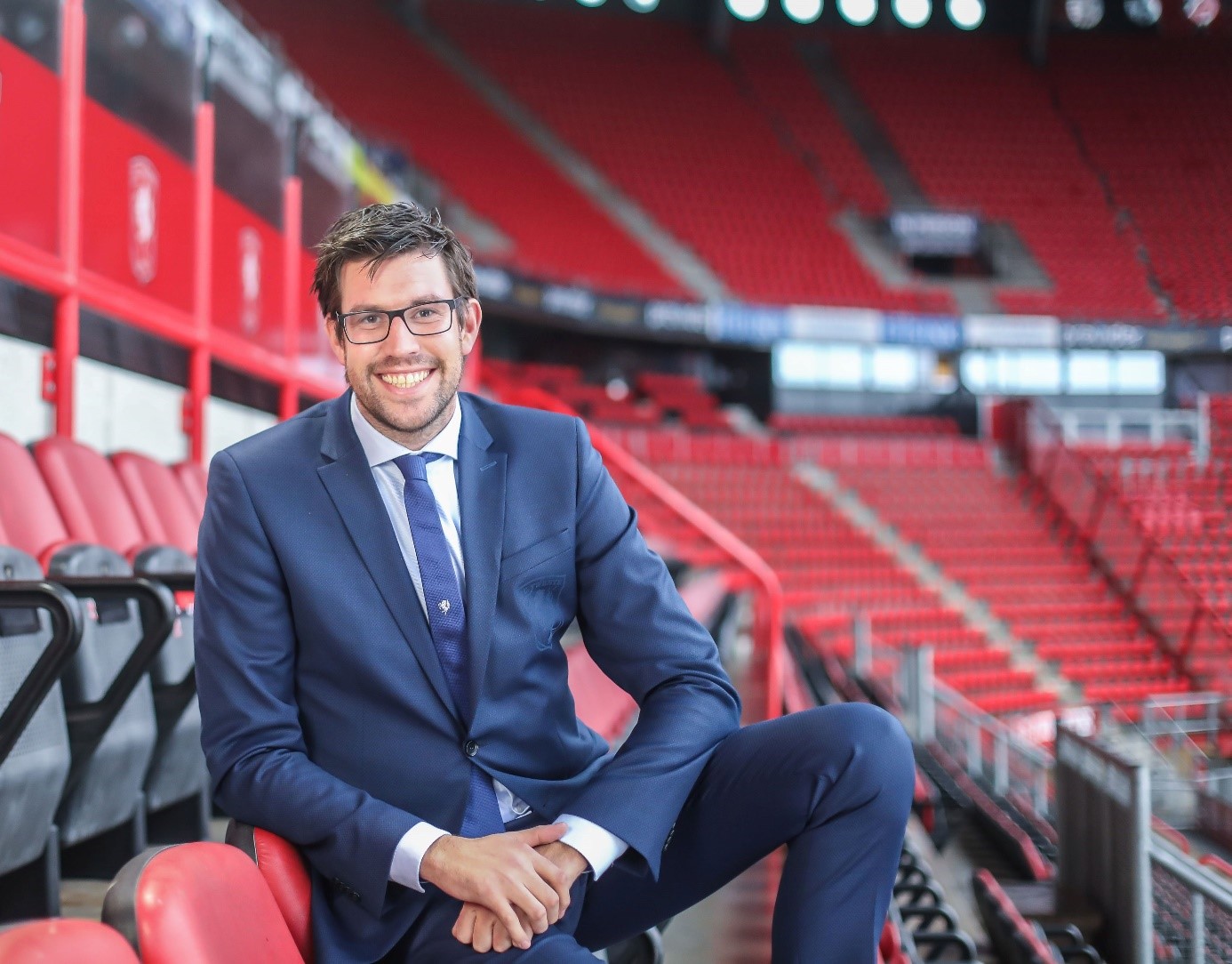
Tom Schreurs – © TwenteEnschede
Tom Schreurs nennt hierfür einen einfachen Grund: „Durch Einsatz von Big Data bekommen die Fans nur die Informationen, die sie wirklich benötigen. Dadurch werden sie mit unserem Kommunikationsmanagement zufriedener und sie reagieren, wie wir es uns wünschen. Die Leistung auf dem Platz trägt somit nicht mehr so stark zu unseren Einnahmen bei.“ In Zukunft soll daher vermehrt auf Big Data zurückgegriffen werden. In den Niederlanden würden bereits viele Teams Daten sammeln und auswerten, allerdings auf einem unterschiedlichen Level, sagt Schreurs. Allerdings scheint es nur eine Frage der Zeit zu sein, bis viele Mannschaften auf einem ähnlichen Niveau ankommen. „In den nächsten Jahren wird die Anzahl der messbaren Daten um das 50-fache steigen. Daher denke ich, dass wir erst am Anfang stehen. Sobald Fans die Vorteile erkennen, wird die Zufriedenheit bei ihnen steigen und folglich mehr Bindung zum Club entstehen,“ hofft der gebürtige Holländer.
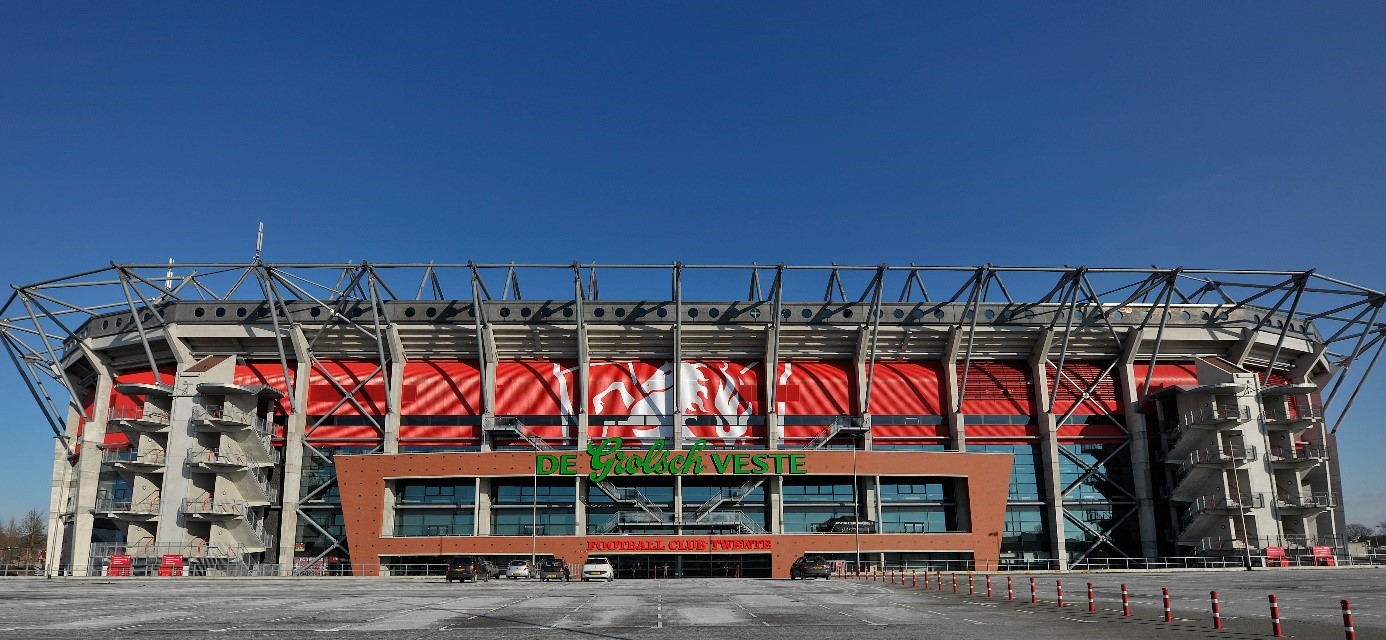
© TwenteEnschede
In naher Zukunft stehen für Twente Enschede neben den Kampf um den Klassenerhalt auch noch weitere Herausforderungen an. Social Media-Accounts der Fans sollen mit dem FC Twente Club-Account verbunden werden, darüber hinaus wird ab Sommer im gesamten Stadion bargeldlose Bezahlung möglich sein. Außerdem wird derzeit an einem Projekt gearbeitet, das die Loyalität der Anhänger belohnt. Bevor diese Absichten in die Tat umgesetzt werden können, steht für Tom Schreurs jedoch noch der Besuch der Big-Data-Konferenz am 23. März am Flughafen Graz auf dem Programm. „Ich hoffe, von anderen Vereinen etwas über die Nutzung der gemessenen Datensätze zu erfahren und wie man Marketingstrategien entwerfen kann. Zusätzlich erwarte ich die Darstellung gelungener Beispiele und zu guter Letzt würde ich gerne neue Leute kennenlernen, um meinen Horizont zu erweitern.“ Und wer weiß, vielleicht hilft das neu erworbene Wissen ja schon im Kampf um den Klassenerhalt.
Das gesamte Interview mit Tom Schreurs in englischer Sprache gibt es hier nachzulesen:
How does Twente use Big Data?
At FC Twente we use big data to analyse and predict as much commercial elements of the club as we can. We‘ve connected several touchpoints such as online ticketing, merchandise, e-mail respons, Kidsclub, business leads and orders, acces control, website registrations and financial administration.
By doing this we can measure sales, behavior and preferences of sponsors and fans. It enables us to communicate on a personal way with each individual. Not only by mentioning their name in an e-mail. It goes further. Like every other football club we have a wide range of people who support the club. From poor to rich, from young to old and from highly engaged to less engaged. So you can imagine all these people have specific needs. So we try to communicate the right message to the right person at the right time in a way that is specified on the personal needs of our fans and sponsors.
At the marketing department we analyse ticketing and hospitality sales on a daily base to adjust our marketing efforts in order to realise revenue goals as set.
The football department also works with big data by measuring and analysing the physical condition of the players, but this is not my field of expertise.
Which advantages do you get from using Big Data?
Fans and sponsors are becoming more happy about the way we communicate and promote our products. They receive the information that fits their needs and are more likely to react in a certain way we would like them to do.
It helps us in using the marketingstrategies and tools that are available in the best way we can. It reduces waste of time and money on campaigns that are not giving the right return on investment.
By analysing and predicting data we have the right focus on the commercial goals we set and which strategy is most effective in achieving those goals. The result on the pitch is becoming a less important factor on our revenue model.
For example, this season we managed to increase ticketing sales while playing at the bottom of the league, which is quite negative compared to last season.
Which role does Big Data play in modern football?
I believe big data plays a big role in modern football. But not only in football, also in society. Big data enables us to predict the future based on the things we know from the past. It tells us how things will happen in the same circumstances. Not only in a commercial way, but in everything you can imagine.
However in knowing this lies also the danger of relying too much on data, because like Alfred (sic!) Einstein said: ”Not everything that can be counted counts, and not everything that counts can be counted.”. It’s still football in the end.
Are there other clubs in the Netherlands that use Big Data?
I believe most of the professional clubs in the Netherlands use big data in a certain way, but not all on the same level. The bigger clubs contract specific database employers to collect and analyse data en present it in a relevant way for other departments.
When did Twente first start using big data in football?
We started a while ago in 2010 with participating in a national CRM project that was organised by the Dutch Football Association (KNVB), but that project failed. It was supposed to be a ‘one size fits all’ solution, but because of the large scale and use of very much different systems at each club it was never completed in the way it should be.
So in 2014 we started by ourselves with analysing ticketing sales and in 2015 it took a big flight when we started working with Sports Alliance. We brought together all fans and sponsors in one datawarehouse and from there on we started connecting other data touchpoints.
During the financial problems in 2016, what benefits have you gotten from big data?
In 2016 we were fined by the Dutch Football Association because of financial mismanagement. We almost where forced to start again at the amateurs, got banned from participating in European competitions and the best players left at the end of season 15-16.
Looking at the data helped us a lot in predicting how the seasonticket sales for 16-17 would go and in discovering which fans are less likely to renew their seasonticket. We also learned to use the right tone of voice. In the end we sold more seasontickets then the year before, despite the fact we had no real perspective in terms of getting a good result on the pitch.
How does Twentes fanbase benefit?
We can increase our service level and give fans more tools to manage things by themselves. The fanbase of FC Twente has control in the way we communicate with them. The opt-in structure is GDPR compliant and they receive no longer e-mails from the club they don’t want.
This should result in a higher engagement with the club.
Are there any new projects you are going to present?
Yes, one of the next steps is connecting social accounts of fans to the FC Twente Club-account. We start with some online games/questionaires in order to get more fans registered and enrich the profiles of the fans that are allready registered.
This summer we will be implementing cashless payment in the whole stadium so we can also measure food & beverage sales.
Furthermore we would like to connect more accounts to the official FC Twente Club account which is a single sign on solution. So fans and sponsors don’t need to log in for every online platform the club uses for specific products, but can use one and the same log in for all.
At last we are working on a loyalty program for both fans and sponsors, where people can earn points on all the things we can measure. Such as ticketing sales, time of acces etc. etc.
What future has big data? Is this only the beginning?
The predicition is that in the next couple of years the amount of measurable data will multiply by 50 so I believe this is only the beginning. The football business is pretty traditional, but when fans really notice the benifits of this way of working, the satisfaction will also grow. People get used to personalisation in other businesses and expect this also from their local club.
Digitalisation brings a lot of new possibilities. For example, in Germany the first club that is being managed by the fans like it’s a Football Manager game is allready there. The fans of TC Freisenbruch have acces to the data of the physical condition of the players and decide who has to play!
What do you expect from the conference in Graz?
I’m hoping to learn a lot from other clubs about how they use data and turn this data into usefull insights or inspiring marketingstrategies. Also I expect some nice examples of good practices and try to discovere which data is relevant and which is not. Last but not least I expect to meet new people and ideas that widen my horizon.
Autoren: Nikolaus Fink, David Marousek, Christian Albrecht
Das könnte dich auch noch interessieren:
- England-Fans zum Ausscheiden gegen Island: „Dreadful, embarrassing…“
- Gary Neville auf analytischen Abwegen (2) – Nationenroulette
- Gewaltsame Übergriffe in Polen und der Ukraine – doch die UEFA ärgert sich lieber über eine Video-Website…
- „Operation Promotion“ – Crowdfunding-Kampagne soll Grimsby Town zum Aufstieg verhelfen
Christian Albrecht
- England-Fans zum Ausscheiden gegen Island: „Dreadful, embarrassing…“
- Gary Neville auf analytischen Abwegen (2) – Nationenroulette
- Gewaltsame Übergriffe in Polen und der Ukraine – doch die UEFA ärgert sich lieber über eine Video-Website…
- „Operation Promotion“ – Crowdfunding-Kampagne soll Grimsby Town zum Aufstieg verhelfen
- Besondere Tore
- Die bunte Welt des Fußballs
- Europameisterschaft
- Internationale Stars
- Argentinien
- Australien
- Belgien
- Brasilien
- Chile
- Dänemark
- Deutschland
- Andreas Brehme
- Andreas Möller
- Berti Vogts
- Christoph Daum
- Franz Beckenbauer
- Fritz Walter
- Gerd Müller
- Günther Netzer
- Helmut Rahn
- Jürgen Klinsmann
- Jürgen Klopp
- Karl-Heinz Rummenigge
- Lothar Matthäus
- Lukas Podolski
- Manuel Neuer
- Miroslav Klose
- Oliver Bierhoff
- Oliver Kahn
- Philipp Lahm
- Rudi Völler
- Sepp Maier
- Thomas Häßler
- Thomas Müller
- Thomas Tuchel
- Toni Schumacher
- Toni Turek
- Udo Lattek
- Uli Hoeneß
- Uwe Seeler
- Elfenbeinküste
- England
- Finnland
- Frankreich
- Irland
- Italien
- Alessandro Del Piero
- Alessandro Nesta
- Andrea Pirlo
- Christian Vieri
- Claudio Gentile
- Dino Zoff
- Fabio Cannavaro
- Francesco Totti
- Franco Baresi
- Gaetano Scirea
- Giacinto Facchetti
- Gianluca Vialli
- Gianluigi Buffon
- Giuseppe Bergomi
- Giuseppe Meazza
- Luigi Riva
- Marco Tardelli
- Mario Balotelli
- Paolo Maldini
- Paolo Rossi
- Roberto Baggio
- Sandro Mazzola
- Kamerun
- Kolumbien
- Liberia
- Mexiko
- Niederlande
- Nigeria
- Nordirland
- Norwegen
- Portugal
- Schottland
- Schweden
- Schweiz
- Spanien
- Ungarn
- Uruguay
- USA
- Wales
- Österreich
- Legendäre Legionäre
- Alexander Zickler
- Antonin Panenka
- Axel Lawaree
- Branko Boskovic
- Carsten Jancker
- Dejan Savicevic
- Geir Frigard
- Hamdi Salihi
- Hansi Müller
- Jan Åge Fjørtoft
- Jocelyn Blanchard
- Joey Didulica
- Jonathan Soriano
- Kevin Kampl
- Lajos Détári
- Maciej Sliwowski
- Marek Kincl
- Mario Kempes
- Mario Tokic
- Milenko Acimovic
- Nestor Gorosito
- Nikica Jelavic
- Nikola Jurčević
- Olaf Marschall
- Oliver Bierhoff
- Patrik Jezek
- Radoslaw Gilewicz
- Rene Wagner
- Roger Ljung
- Sadio Mané
- Samir Muratovic
- Sigurd Rushfeldt
- Somen Tchoyi
- Steffen Hofmann
- Szabolcs Sáfár
- Tibor Nyilasi
- Trifon Ivanov
- Valdas Ivanauskas
- Vladimir Janocko
- Zlatko Kranjcar
- Nationale Stars
- Aleksandar Dragovic
- Andi Ogris
- Andreas Herzog
- Andreas Ivanschitz
- Bruno Pezzey
- Christian Fuchs
- David Alaba
- Deni Alar
- Didi Kühbauer
- Ernst Happel
- Ernst Ocwirk
- Felix Gasselich
- Franz Wohlfahrt
- Friedl Koncilia
- Gustl Starek
- Hans Krankl
- Herbert Prohaska
- Heribert Weber
- Ivica Vastic
- Julian Baumgartlinger
- Kevin Wimmer
- Kurt Jara
- Marc Janko
- Marcel Sabitzer
- Mario Haas
- Marko Arnautovic
- Martin Harnik
- Martin Hinteregger
- Matthias Sindelar
- Michael Konsel
- Otto Konrad
- Peter Stöger
- Sebastian Prödl
- Toni Polster
- Ümit Korkmaz
- Veli Kavlak
- Walter Schachner
- Walter Zeman
- Zlatko Junuzovic
- Nationalmannschaft
- Österreichische Vereine
- Legendäre Legionäre
- Weltmeisterschaft





Keine Kommentare bisher.
Sei der/die Erste mit einem Kommentar.